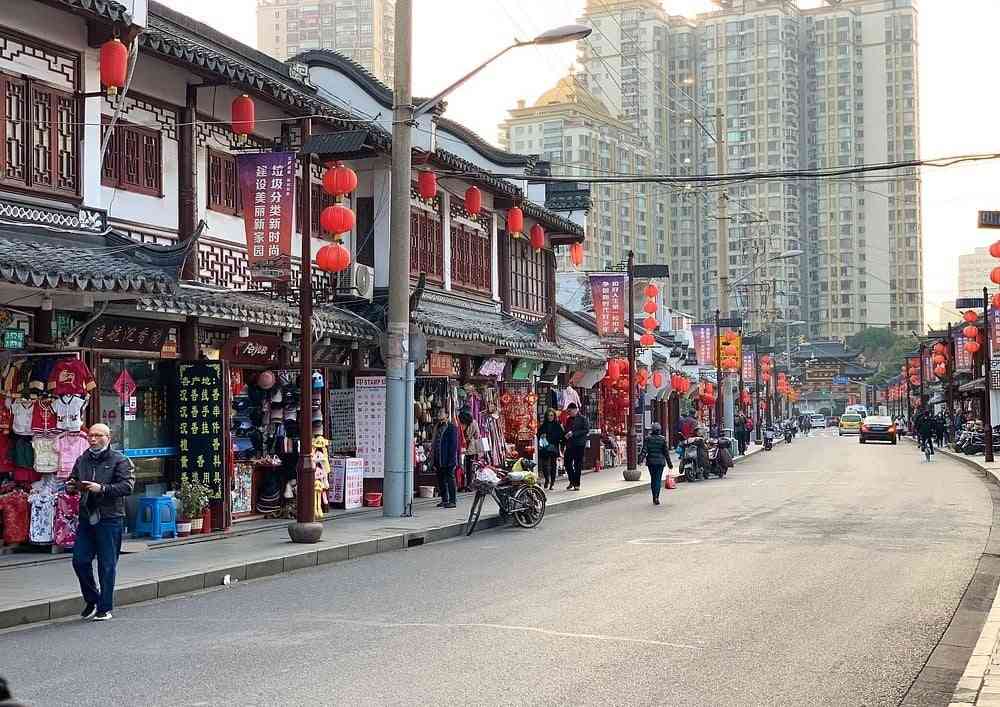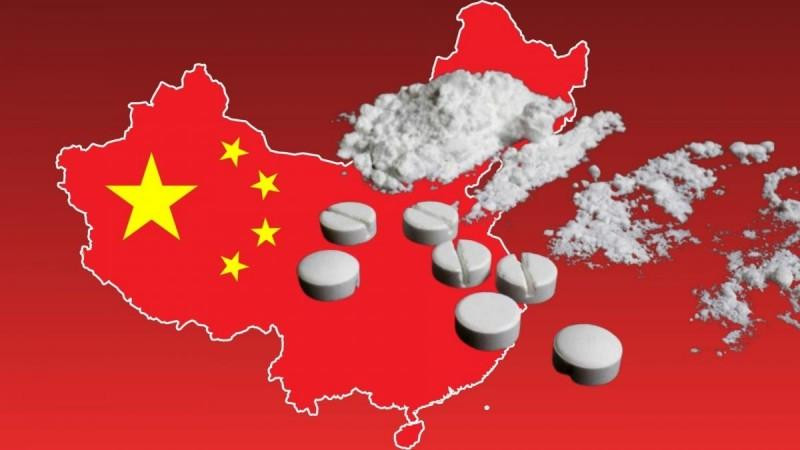

BY VANESSA GONYE
Kwaedza Primary School in Gokwe North district has received its first flush system toilets and piped water in a programme that is targeting schools in Gokwe North and South.
The programme, Improved Access to Water Sanitation and Hygiene for Disadvantaged Communities, is being rolled out by Caritas Gokwe in partnership with the Catholic Agency for Overseas Development (Cafod) with support from UKAID and various sections of the private and public sectors.
The Democratic Republic of Congo and Uganda are also benefitting from the initiative.
Speaking at the handover of the toilet block and water tanks for the piped water project which coincided with commemorations of the World Water Day at Kwaedza Primary School on Thursday, Caritas Zimbabwe Diocese of Gokwe programme officer, Siza Ncube said the project was aimed at improving hygiene standards.
“The flush toilet system was a pilot project in rural schools; the purpose was to demystify the conception that rural children have to use blair toilets.
“The work was done at the behest of the school. They provided bricks, gravel and pitsand. Caritas was to provide all the building material that needed to be bought and pay the builders,” she said.
Ncube said apart from the flush system programme, they also embarked on a piped water system project for communities that have been facing problems accessing clean and potable water.
- Chamisa under fire over US$120K donation
- Mavhunga puts DeMbare into Chibuku quarterfinals
- Pension funds bet on Cabora Bassa oilfields
- Councils defy govt fire tender directive
Keep Reading
“The piped water scheme was meant for the community who were drinking water from an open well. The well would last for the whole year serving 17 villages with 40 households,” she said.
The projects came as a relief to villagers in the community as they had to travel to 7km to the nearest unprotected water source.
Caritas secretary Patrick Chikowero said the piped water project had come in time to save the people of Gokwe North who were experiencing drought-induced chronic water shortages because most water sources had dried up.
He also said the spring from which the piped water comes from used to supply community members with water all year round, but with the current situation it was uncertain if it would last until the next rainy season.
“The spring which we are banking on is deep enough, but with the current dry spell, we are not certain if it will last long enough,” he said.
Speaking on the toilet system, he said: “We initially had construction of a dam in mind, but engagements with the school brought a lifetime solution to our problems in keeping a hygienic toilet system for our children, and the piped water system came as a plus for us because we had problems accessing water to maintain the blair toilets.”
The projects are the brainchild of Cafod which is implementing an MF4 project in Gokwe that includes construction of dams and solar-powered piped water schemes in drought- prone areas.
The Kwaedza school initiative becomes the first in a series of similar developments around Gokwe North and South which are hard hit by drought.











